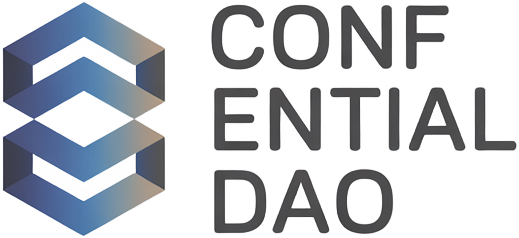
Imagine a world where you can help steer the direction of your favorite DAO without anyone ever knowing which way you voted. That’s not just wishful thinking – it’s the new frontier for privacy-first DAOs, powered by Fully Homomorphic Encryption (FHE). For years, blockchain governance has been a double-edged sword: transparent and auditable, yes, but also leaving voters exposed to coercion, bribery, and social pressure. Today, FHE is rewriting those rules by enabling private DAO voting that’s both secure and verifiable.
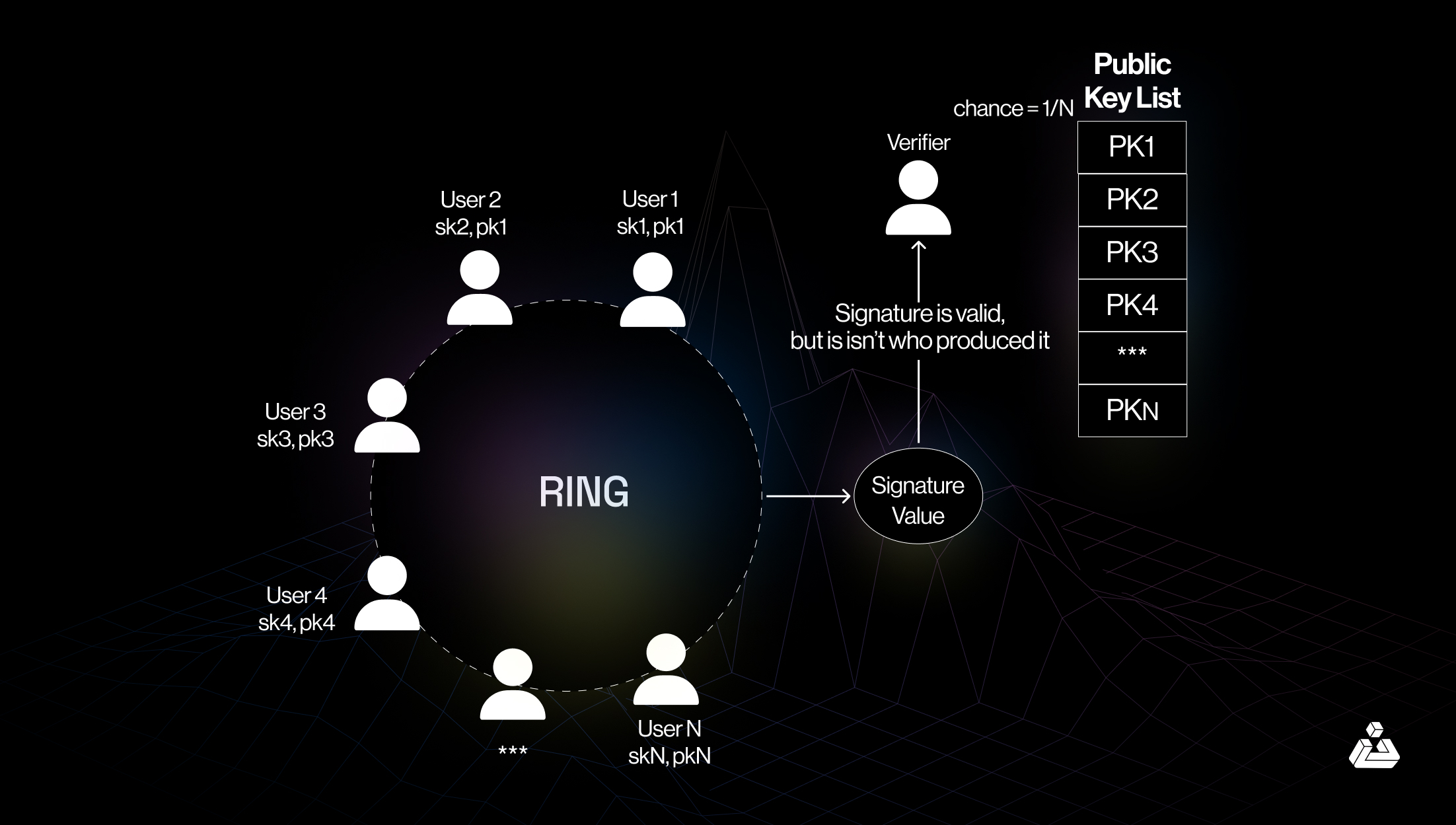
Why Privacy Matters in DAO Governance
Most DAO voting systems are built on public blockchains where every action is visible. While this transparency is great for accountability, it comes at the cost of voter privacy. Anyone can trace votes back to wallets, potentially revealing political leanings or business strategies. This lack of confidentiality has real consequences: it can discourage honest participation and even open the door to manipulation or retaliation.
The crypto community is waking up to these risks. As highlighted in MIT’s research on anonymous voting in DAOs and recent posts from Zama and Oasis Protocol, there’s growing consensus that we need solutions that don’t force us to choose between transparency and privacy. Enter FHE – a cryptographic breakthrough that lets you compute on encrypted data as if it were plaintext.
How Fully Homomorphic Encryption Empowers Private Voting
The magic of FHE is simple yet profound: it allows smart contracts to tally votes without ever decrypting them. Here’s how confidential DAO governance with FHE typically works:
- Encrypted Voting: Each participant encrypts their vote using an FHE scheme before sending it to the DAO smart contract.
- Homomorphic Tallying: The contract performs computations directly on the encrypted votes – adding them up without learning what any individual voted for.
- Tally Reveal: Only the final result (the total count) is decrypted and published. Individual choices remain hidden forever.
This approach solves some of the thorniest problems in decentralized governance: it prevents vote buying and selling (since no one can prove how they voted), protects against retaliation, and fosters more honest participation. For a technical deep dive into how this works on EVM chains, check out this guide.
The New Wave: Projects Bringing FHE Voting to Life
Theory is great – but what about real-world adoption? In late 2025, Shutter Network teamed up with Snapshot to launch Permanent Shielded Voting for DAOs using threshold-homomorphic encryption (El-Gamal) plus zero-knowledge proofs. This means DAOs can finally offer truly shielded votes while preserving transparent result audits.
Zama’s fhEVM takes things a step further by enabling confidential smart contracts natively on Ethereum-compatible blockchains. Developers can now build DAOs where every governance action – not just votes but even proposals or treasury moves – happens under an encrypted veil. Meanwhile, Fhenix is rolling out an FHE coprocessor for Ethereum so any DAO can add private voting without migrating off-chain or sacrificing composability.
If you’re curious about architectures for confidential DAOs beyond just voting – including treasury management and member authentication – explore our resource on confidential DAO designs with homomorphic encryption.
These innovations aren’t just technical upgrades – they’re paving the way for more resilient and inclusive decentralized communities. When members know their votes are safe from surveillance or retribution, participation rates climb and collective decisions become more authentic. The days of low turnout due to privacy fears are numbered. Instead, we’re seeing a surge in enthusiasm from both developers and DAO members eager to experiment with privacy-first governance.
But let’s be real: implementing Fully Homomorphic Encryption DAOs isn’t plug-and-play yet. There are challenges around scalability, gas costs, and UX that the ecosystem is actively tackling. Projects like Zama’s fhEVM and Fhenix’s coprocessor are making huge strides in making FHE practical for everyday use, but expect continued evolution as these tools mature.
What Makes FHE-Powered Voting a Game-Changer?
Top Benefits of Confidential DAO Governance with FHE
-
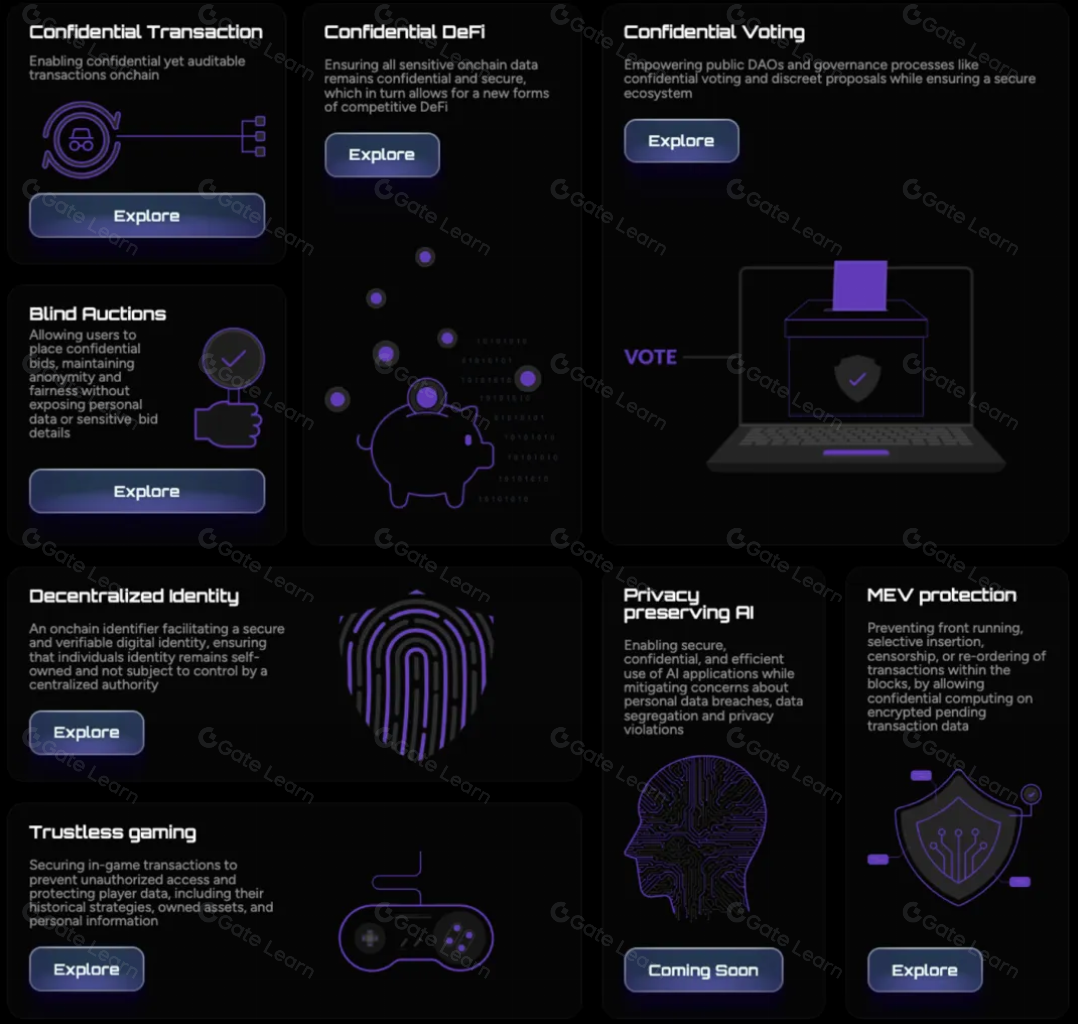
Voter Anonymity: Fully Homomorphic Encryption (FHE) ensures that individual voting choices remain private, shielding voters from coercion, bribery, or social pressure and encouraging honest participation.
-
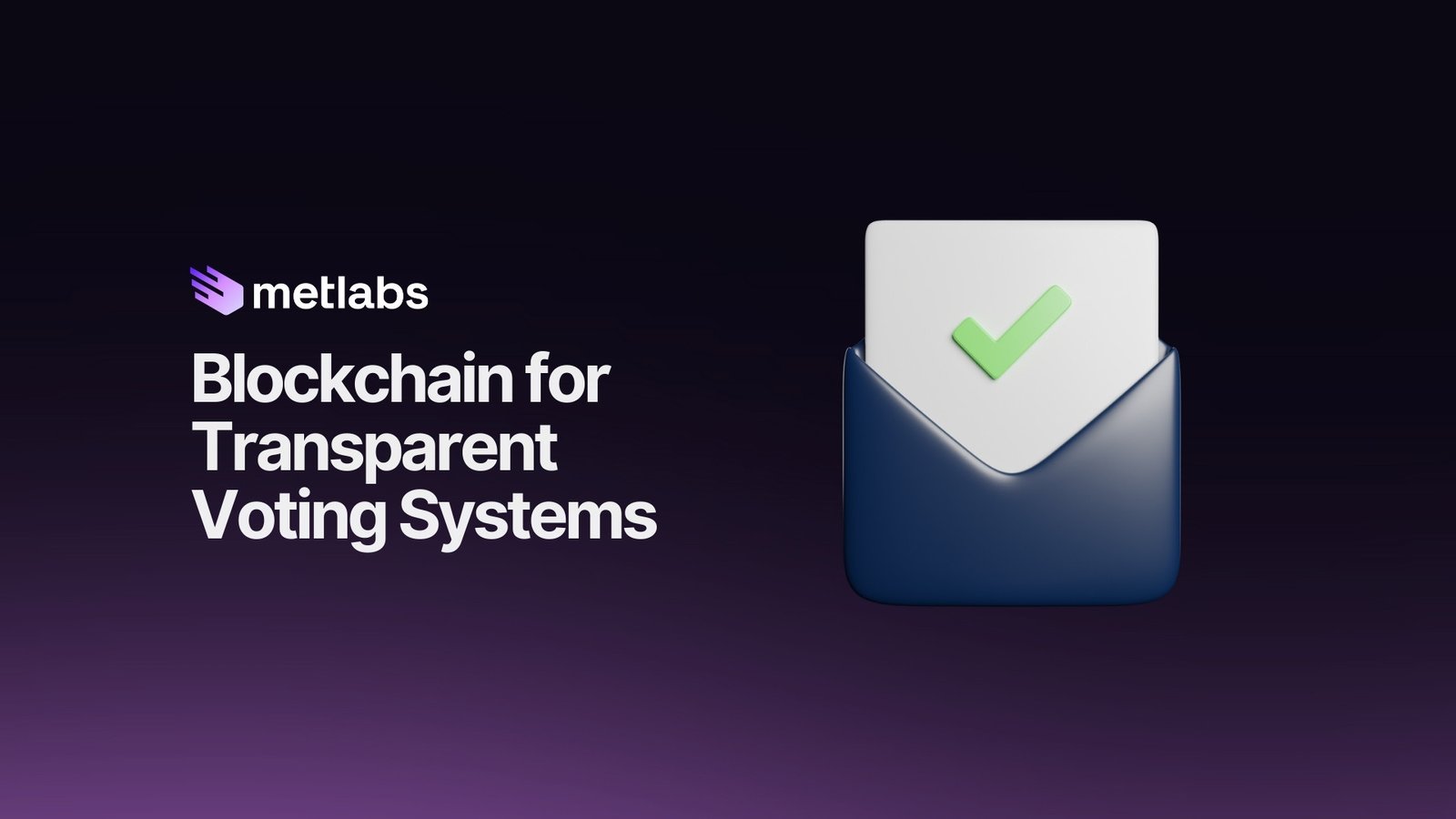
Integrity of Results: With FHE, votes are tallied directly on encrypted data, guaranteeing that the final results are accurate and trustworthy without exposing how any individual voted.
-
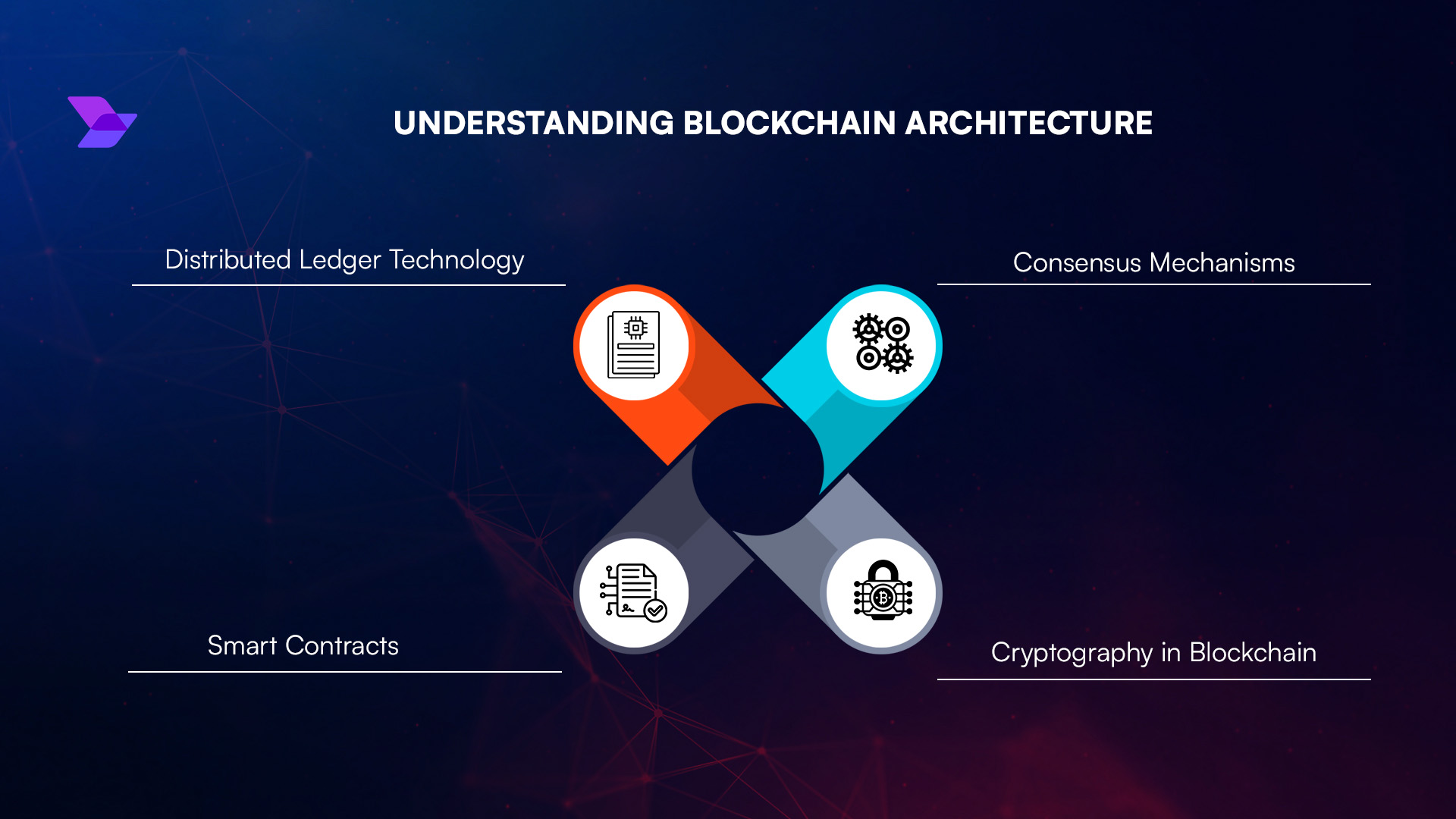
Regulatory Compliance: Confidential voting powered by FHE helps DAOs meet privacy regulations by safeguarding sensitive member data throughout the governance process.
-

Enhanced Participation: Knowing their votes are confidential, members are more likely to engage in governance, leading to higher turnout and more representative decisions.
-

Transparency & Auditability: FHE allows public verification of voting results without compromising individual privacy, maintaining the open ethos of DAOs while protecting sensitive data.
Let’s break down why FHE is such a breakthrough for private DAO voting:
- No More Vote Manipulation: Since no one can prove how they voted, it’s impossible to buy or coerce votes.
- Unmatched Voter Privacy: Even on public blockchains, individual choices stay hidden forever.
- Transparent Yet Confidential: Auditors can verify results without ever seeing who voted for what.
- Post-Quantum Security: FHE is considered robust even against future quantum computers.
- Regulatory Alignment: DAOs can better comply with global privacy standards without sacrificing decentralization.
The result? A new class of privacy-first DAOs, where open governance doesn’t mean open books on your personal preferences. This isn’t just about hiding votes – it’s about unleashing more honest debate, bolder proposals, and fairer outcomes for everyone involved.
What’s Next for Confidential DAO Governance?
The momentum behind confidential DAO voting is only growing as more projects integrate advanced cryptography into their stacks. Expect to see further improvements in speed and usability as the technology matures. Meanwhile, the conversation is shifting from “Is this possible?” to “How can we make this the norm?”
If you’re building or participating in a DAO and want to future-proof your community against manipulation or privacy breaches, now is the time to get familiar with FHE-based solutions. For deeper technical insights on how these systems work under the hood – including code examples and architecture diagrams – check out our comprehensive guide on FHE-enabled confidential voting in DAOs.
The future of decentralized governance belongs to those who value both transparency and privacy. With Fully Homomorphic Encryption at our fingertips, we no longer have to choose one over the other – we can have both!
